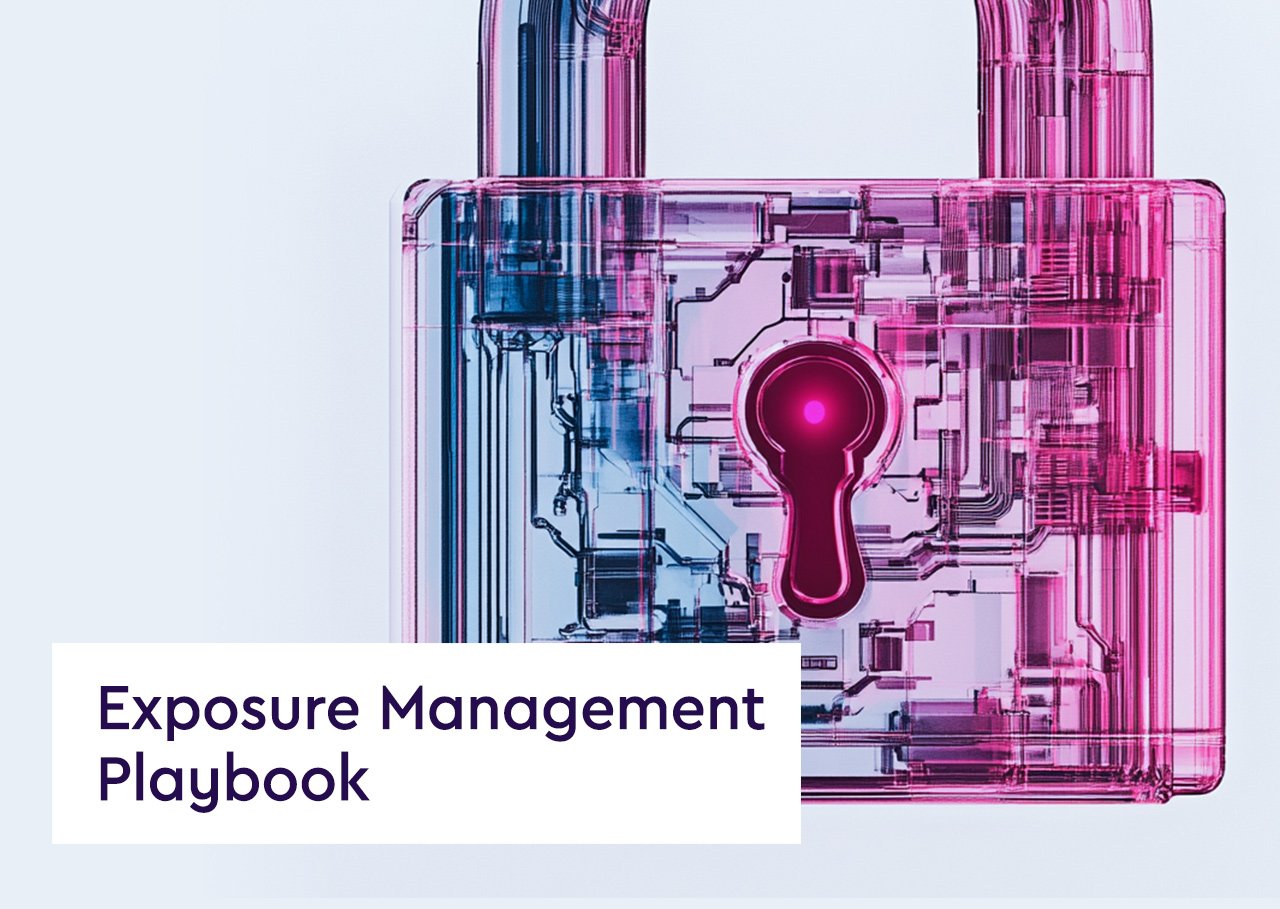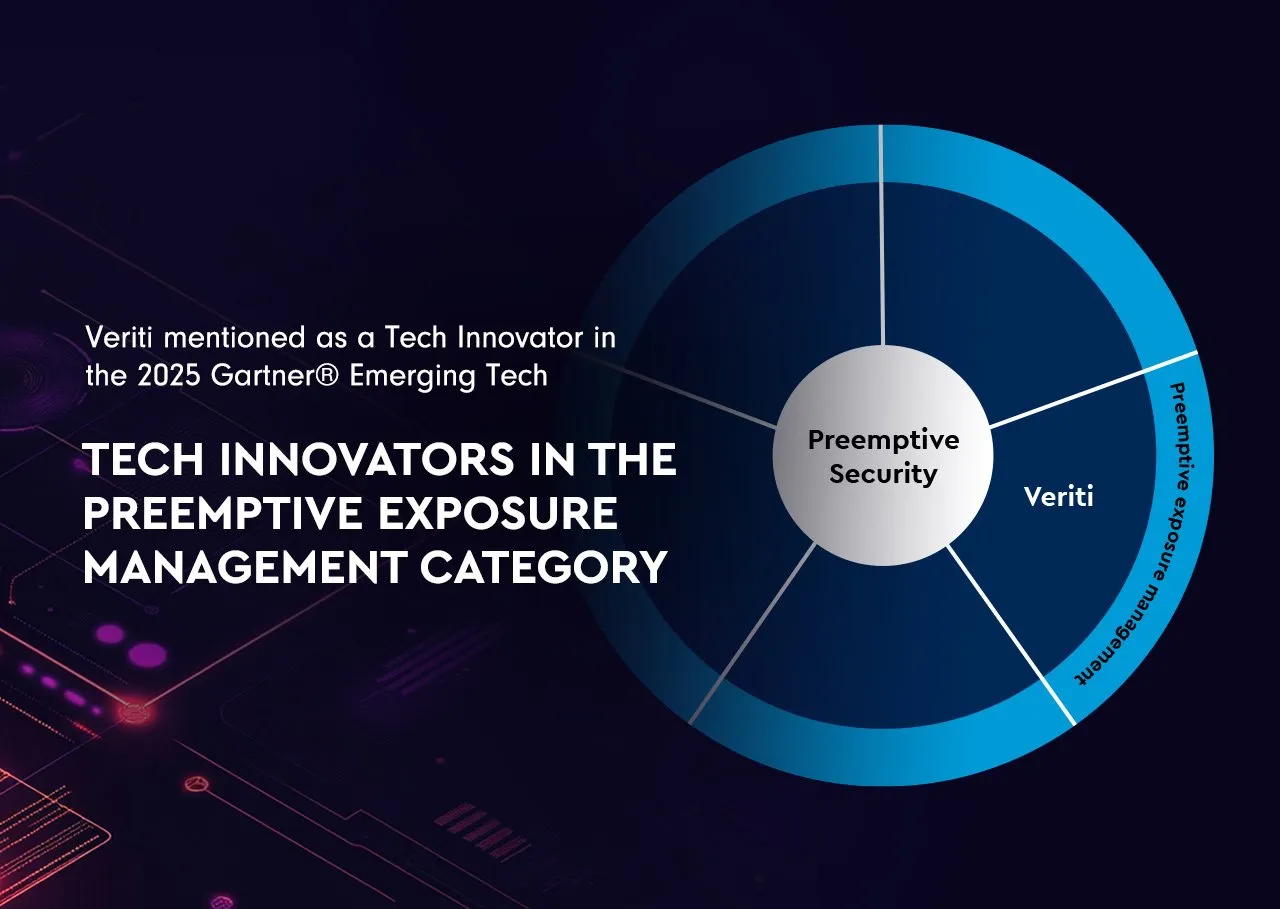Definition: Ransomware is a type of malicious software (malware) designed to block access to a computer system or encrypt files until a sum of money, or ransom, is paid. It is a prevalent form of cyber attack that can affect individuals, businesses, and even government agencies. Ransomware attacks can lead to significant data loss, financial damage, and disruption of operations.
Key Characteristics of Ransomware:
- Data Encryption: Most ransomware variants encrypt the victim’s files, making them inaccessible without a decryption key.
- Ransom Demand: Victims are typically presented with a demand for payment, often in a cryptocurrency like Bitcoin, in exchange for the decryption key.
- Time Limits: Ransomware attacks often include a deadline for payment, threatening permanent data loss or public exposure of the encrypted data if the deadline is not met.
- Distribution Methods: Commonly spread through phishing emails, malicious downloads, and exploiting security vulnerabilities.
Impact of Ransomware:
- Data Loss and Disruption: Critical data can be lost permanently if backups are not available, and operations can be significantly disrupted.
- Financial Loss: The cost of the ransom, combined with the operational losses and potential regulatory fines, can be substantial.
- Reputational Damage: Organizations that fall victim to ransomware can suffer reputational harm, affecting customer trust and business relationships.
Preventing Ransomware Attacks:
- Regular Backups: Maintaining regular and secure backups of data to minimize the impact of data encryption.
- Security Awareness Training: Educating users on identifying phishing attempts and malicious links.
- Up-to-Date Security Measures: Implementing robust security solutions, including antivirus and anti-malware software, firewalls, and regularly updated systems.
Responding to Ransomware Attacks:
- Isolation of Infected Systems: Quickly isolating affected systems to prevent the spread of ransomware.
- Engaging Cybersecurity Experts: Consulting with cybersecurity professionals for advice on response and remediation.
- Law Enforcement Notification: Reporting the incident to appropriate law enforcement agencies.
Ransomware is a serious and growing cyber threat that requires comprehensive preventative measures and a well-prepared response plan. While paying the ransom is controversial and does not guarantee data recovery, focusing on robust preventive strategies, such as regular backups and cybersecurity training, is the most effective way to mitigate the risk of ransomware attacks.




